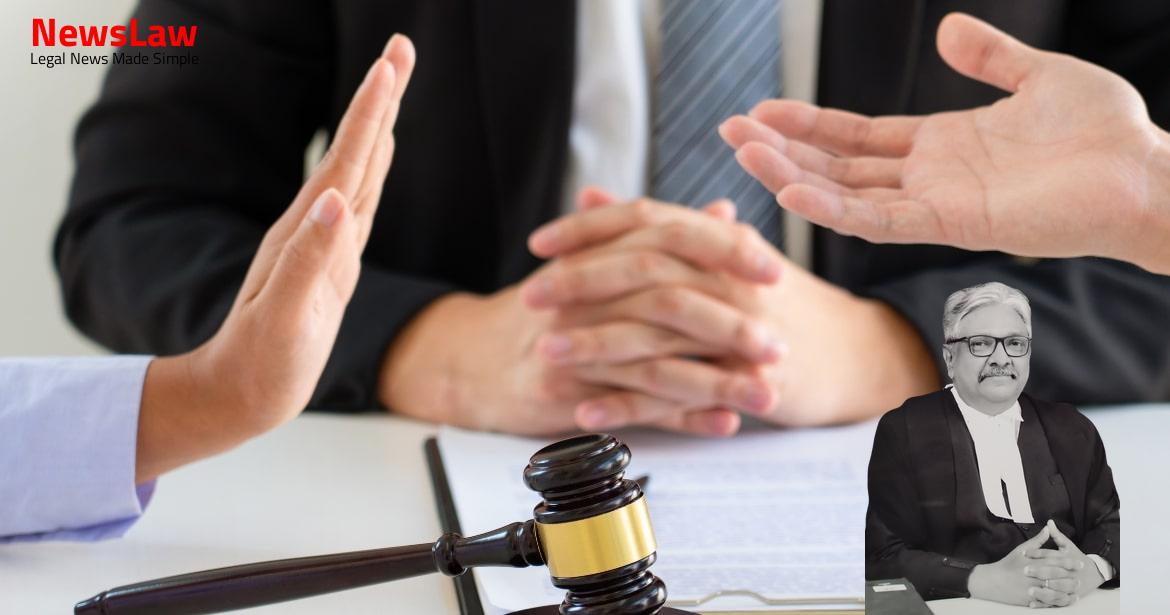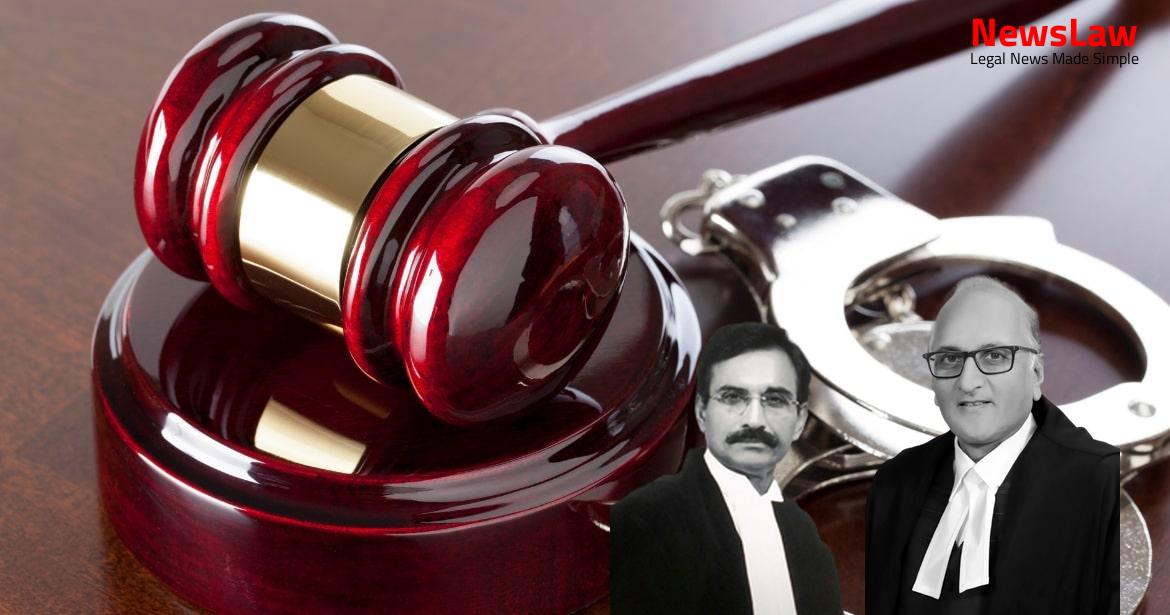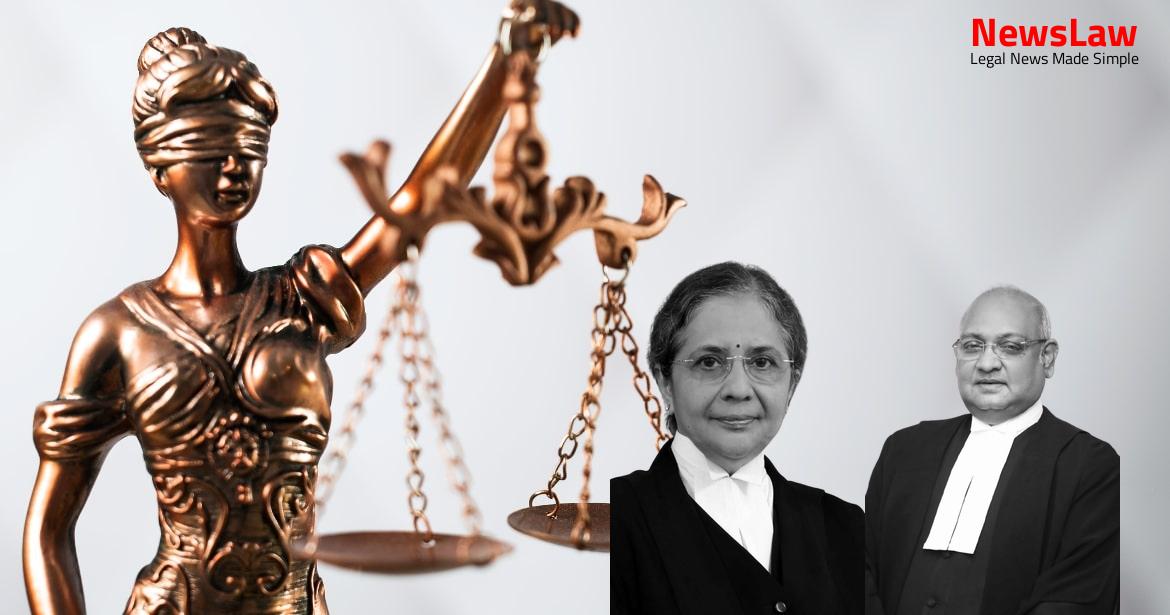In a recent legal development, the court delves into the complex realm of pre-election promises and their implications on electoral corruption. With a focus on legal analysis and the application of relevant statutes, this case showcases the judiciary’s consideration of crucial legal matters surrounding electoral practices. Stay tuned for insights into this significant legal discussion.
Issue
- The court needs to consider whether the appointment of a Commission/Expert Body would be beneficial in this case.
- It is important to determine if any enforceable order can be issued by the Court in these petitions.
- The scope, composition, and powers of the Commission/Expert Body need to be defined clearly.
- Judicial intervention should be considered in light of the reliefs requested in the petitions.
Also Read: Balancing Power and Transparency: Electoral Bonds Struck Down, Disclosure Mandated
Arguments
- Petitioners argue that pre-election promises of freebies by political parties without considering financial implications are solely for attracting vote banks.
- They claim such promises adversely impact the economy of the State and go against responsible electioneering.
- Petitioners assert that this practice hampers free and fair elections and disrupts the level playing field for political parties.
- Taxpayers’ money is being misused for political gains through these promises.
- Some political parties have challenged the maintainability of these petitions through intervention applications.
- The Election Commission of India maintains a limited scope in interfering with such promises made by political parties/candidates.
- Freebies may strain state finances and lead to a lack of funds for basic amenities
- This situation can push the State towards bankruptcy
- The issue was suggested to be left open for political parties to address
Also Read: Recall of Resolution Plan Approval: Legal Analysis
Analysis
- The court sought suggestions from the parties regarding the composition of an expert body to address the issues raised in the petitions.
- An All Party Meeting was suggested to discuss the issues further.
- An extensive hearing is required before passing concrete orders.
- The ultimate power lies with the electorate in an electoral democracy.
- Preliminary issues need deliberation in the present set of petitions.
- Some promises equate to welfare schemes and are the responsibility of the welfare state.
- The worry that fiscal responsibility may be overlooked under the guise of electoral promises is noted.
- The Court generally does not intervene in policy or fiscal matters of the State.
- A previous judgment regarding electoral promises not falling under corrupt practices was discussed.
- Challenges to the reasoning in the previous judgment were raised by some parties.
- The matter is directed to be listed before a three-Judge Bench for further consideration.
- Court examined whether pre-election promises amounted to corrupt practices under Section 123 of the Representation of the People Act, 1951.
- Case involved determining the legality of pre-election promises in the context of corrupt practices in elections.
- Court analyzed the provisions of Section 123 and their applicability to pre-election promises made by candidates.
- The decision in S. Subramaniam Balaji case was crucial for understanding the legal implications of pre-election promises in the context of corrupt practices.
Case Title: ASHWINI KUMAR UPADHYAY Vs. UNION OF INDIA (2022 INSC 875)
Case Number: W.P.(C) No.-000043 / 2022



